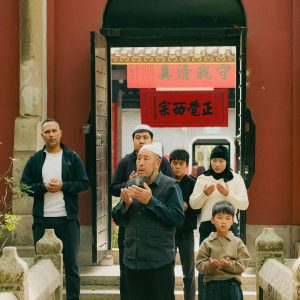U.S. and Canada seek cooperation to address painful legacy of indigenous people
Haaland, the first Native American minister, says history of residential schools and missing Indigenous women and girls is painful
OTTAWA, Canada – U.S. Interior Secretary Deb Haaland has sought a joint healing process between Canada and the U.S. to overcome the painful legacy of Indigenous peoples.
Haaland, the first Native American member of the U.S. Cabinet, said during his visit to Ottawa that the history of residential schools and the crisis of missing and murdered Indigenous women and girls is painful.
Although Canada has been addressing these issues for years, attention in the U.S. increased significantly after 2018, when Haaland and Sharice Davids were elected to the House of Representatives.
Haaland’s personal connection to the issue through her grandparents’ experiences in residential schools adds depth to her advocacy.
Haaland pointed to the discovery of unmarked graves in Canada as a trigger, albeit accidental, for her to launch an investigation into the U.S. boarding school system.
Preliminary results show marked and unmarked gravesites at 53 former U.S. schools, with estimates that at least 500 students died at 19 of 408 identified federally supported sites.
The investigation is ongoing, and a second volume of the report is pending.
Haaland also highlighted the trilateral working group initiative launched in 2016 involving the U.S., Canada, and Mexico to address violence against indigenous women and girls.
U.S. Ambassador to Canada David Cohen underscored the continental nature of the problem and stressed the importance of Mexico’s participation.
In the U.S., Haaland’s initiatives range from tribal law enforcement support to victim assistance to the establishment of a special law enforcement unit in the U.S. Bureau of Indian Affairs.
This initiative addresses issues related to missing or murdered persons in Indian Country.
Bryan Newland, Assistant Secretary for Indian Affairs, praised Canada’s efforts, noting that they have paved the way for raising awareness, planning for a better future, and setting a standard for the U.S. to follow.







